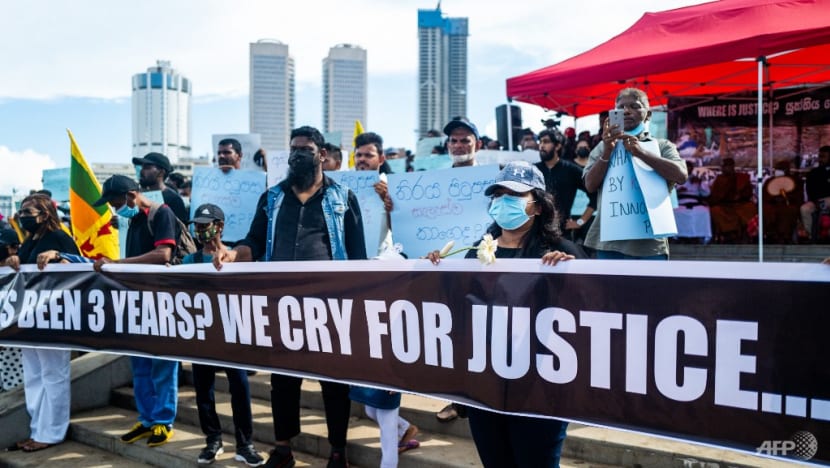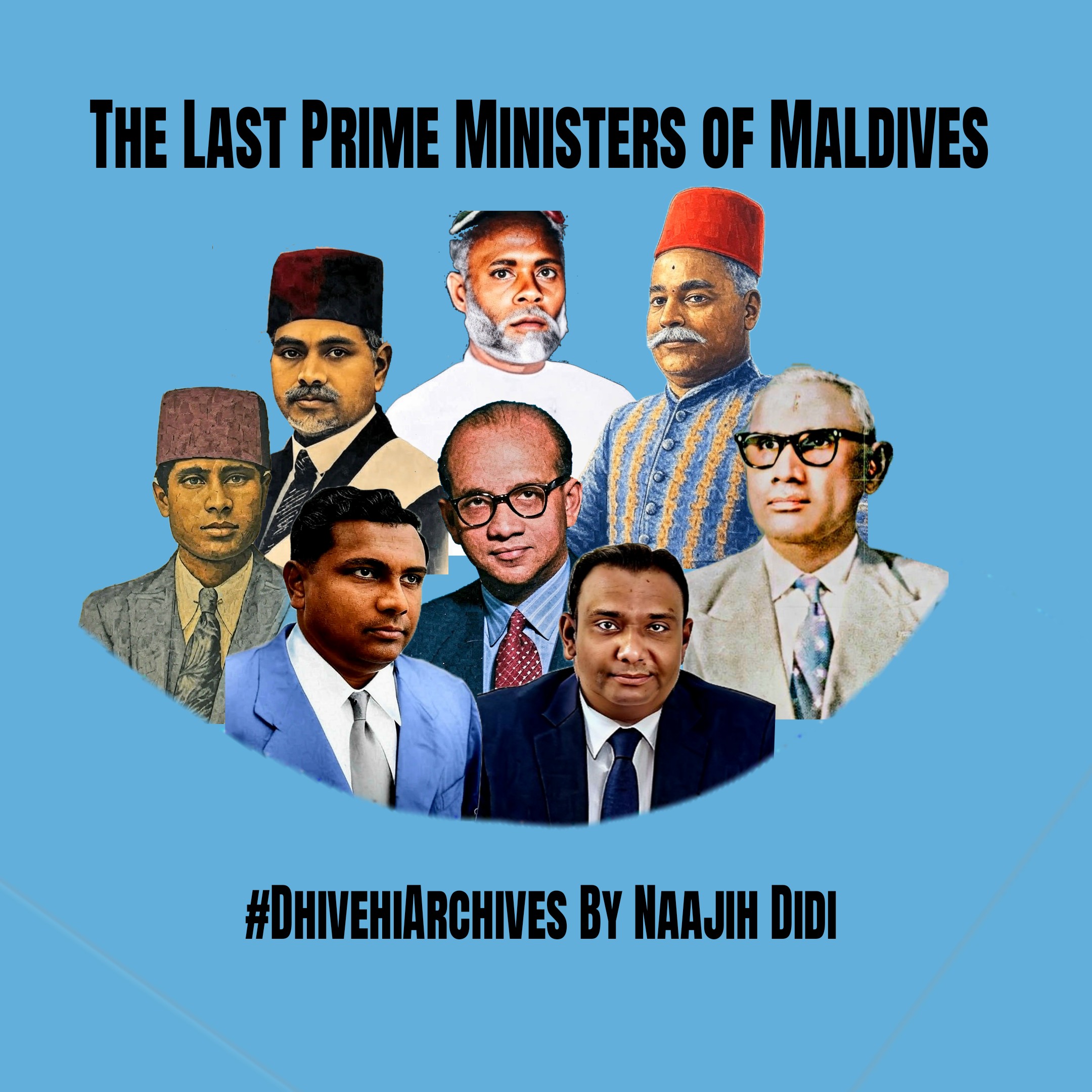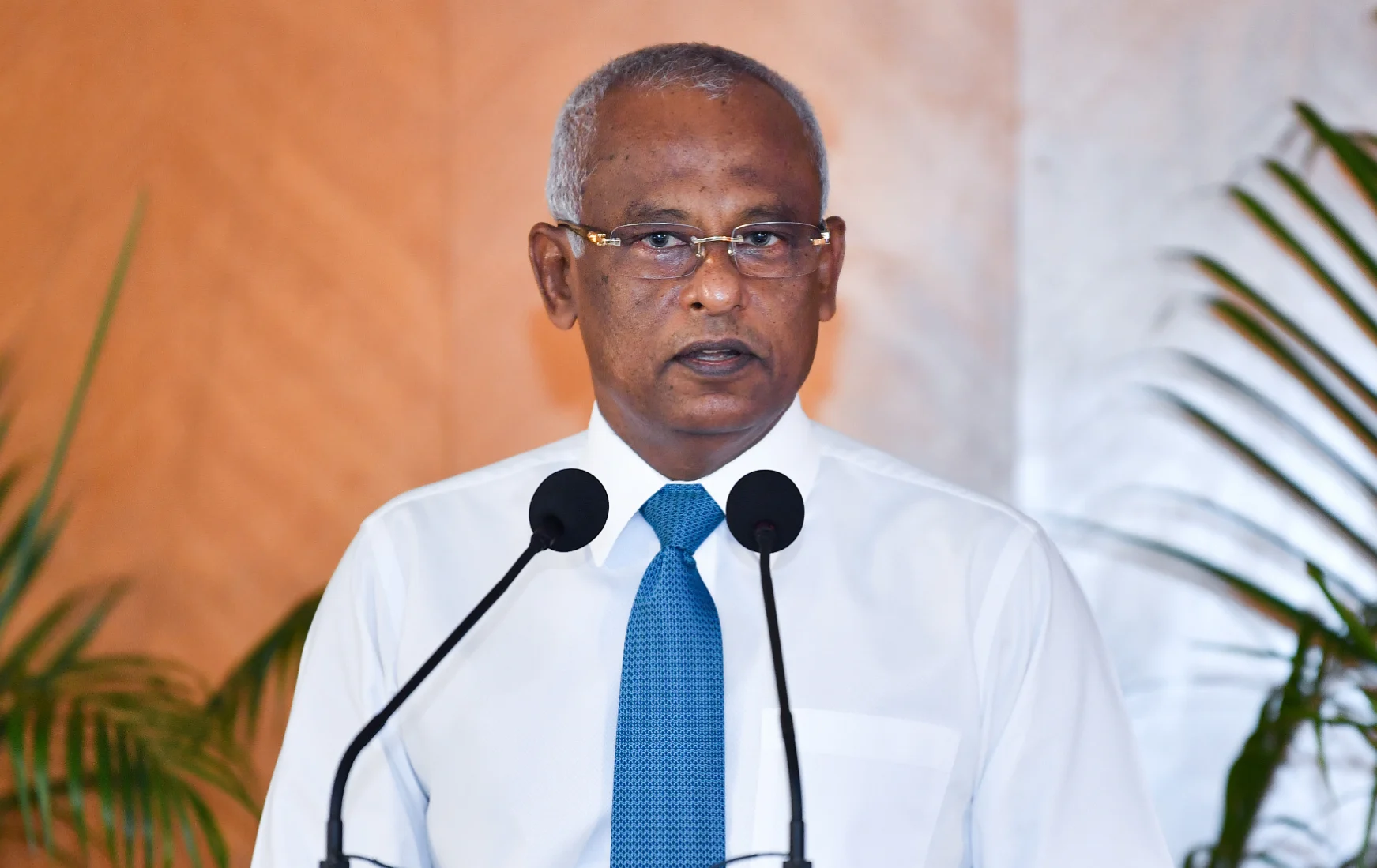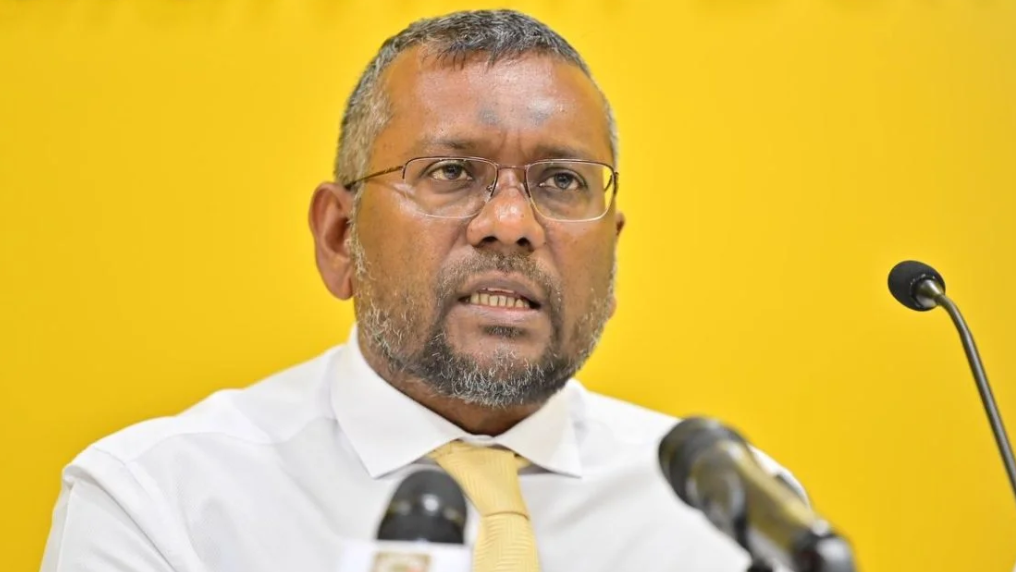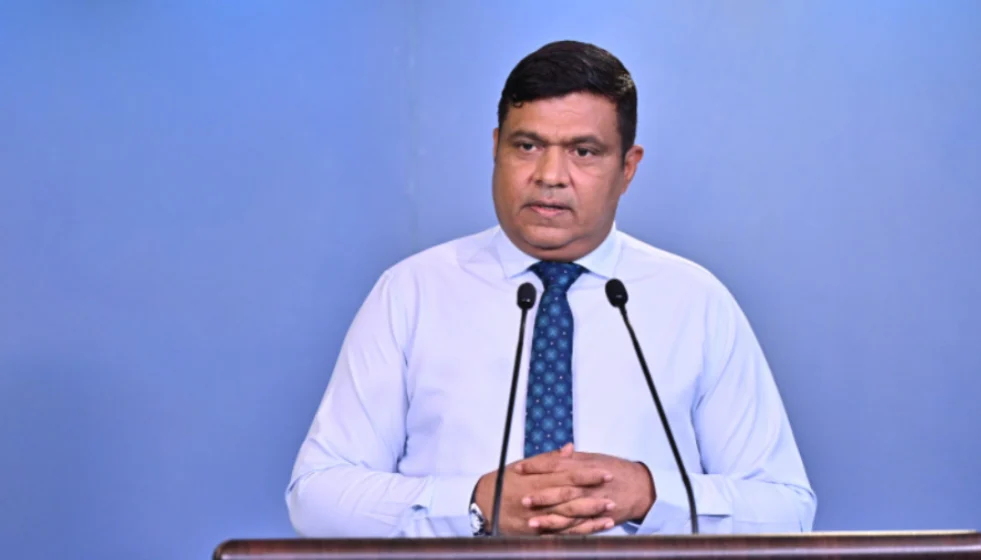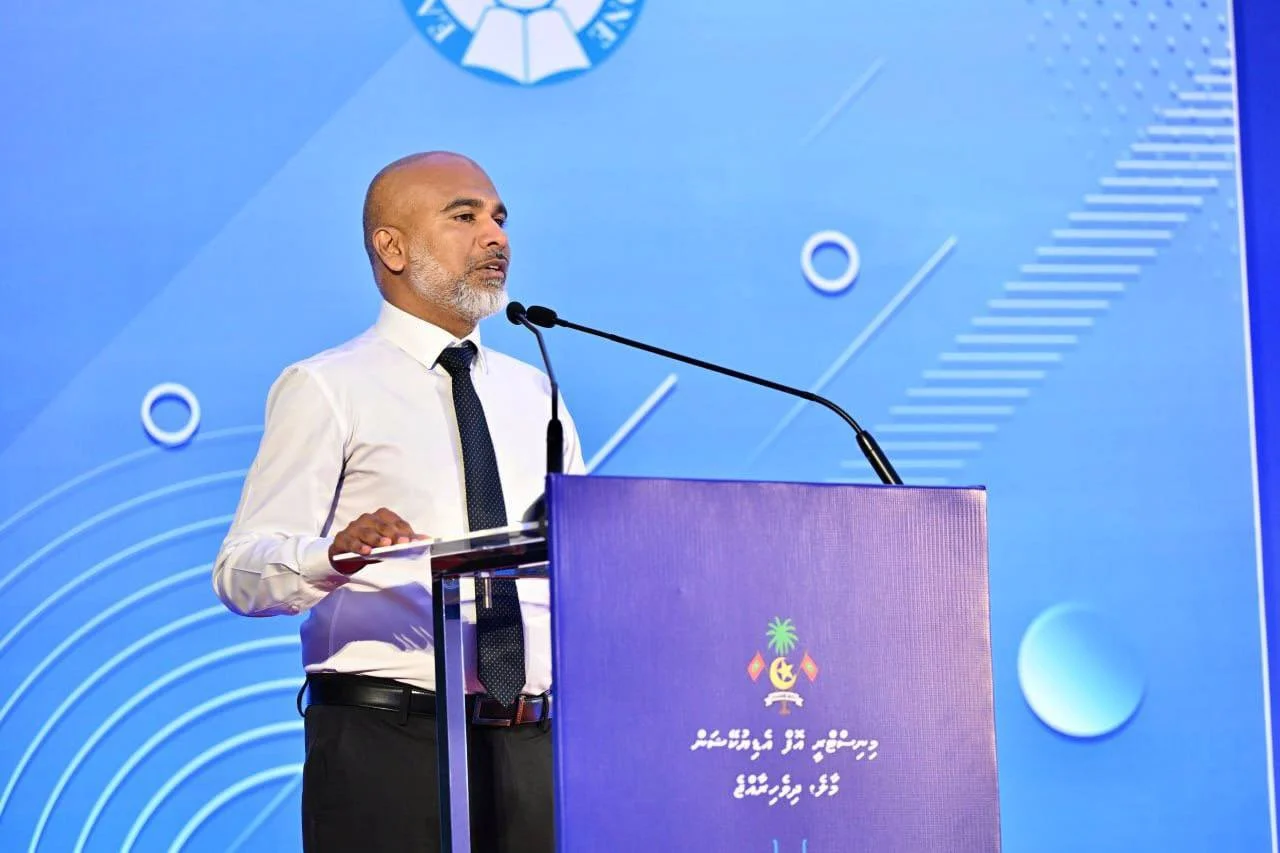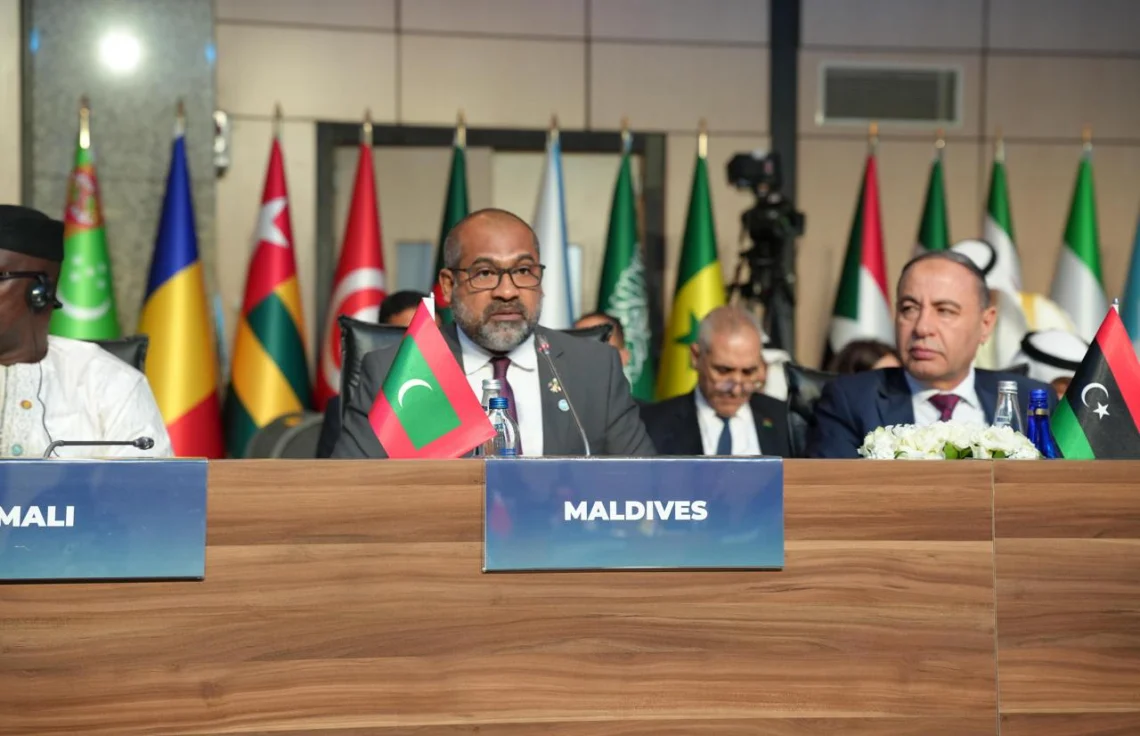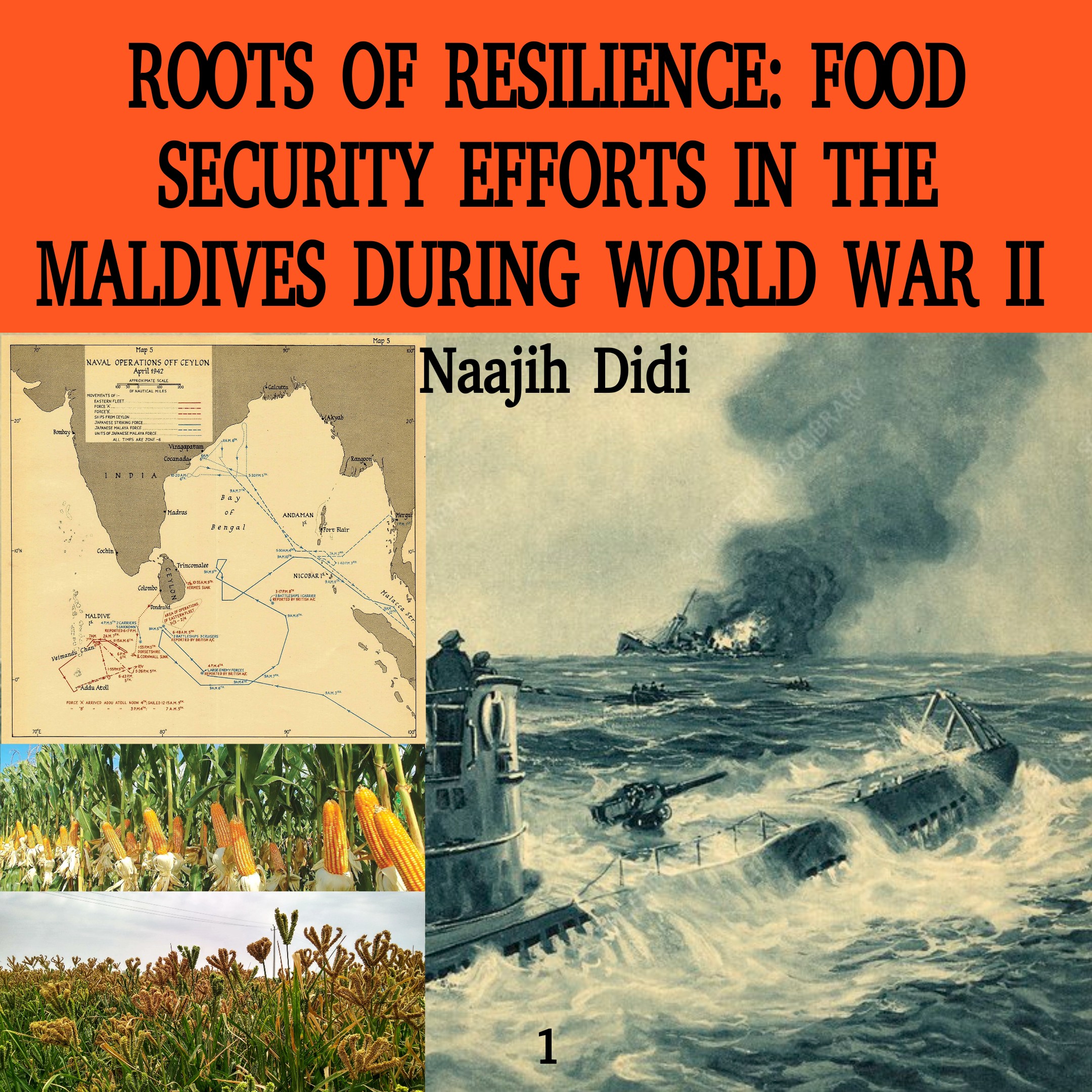Sri Lankans protesting near President Gotabaya Rajapaksa's office on Sunday (Apr 17) remembered the more than 260 people who were killed in Islamic State-inspired terror attacks on Easter Sunday three years ago.
The demonstrations were held at Colombo’s main esplanade, where thousands of people have been protesting for eight days to demand the resignation of President Gotabaya Rajapaksa over the worst debt crisis that has caused critical shortages of fuel, food, and medicines in the Indian Ocean island nation.
On Sunday, hundreds of people lit candles and displayed banners and placards during a silent protest in the capital, Colombo, calling for justice for the victims of the attacks.
The protesters demanded the government uncover what they called the real conspirators behind the attacks on three churches - two Catholic and one Protestant - that included simultaneous suicide bombings during Easter celebrations on Apr 21, 2019. Three tourist hotels were also targeted, killing 42 foreigners from 14 countries.
Officials have charged dozens of people who allegedly received weapons training and participated in indoctrination classes from the two local Islamic extremist groups accused of carrying out the attacks.
The groups had pledged allegiance to the Daesh group. Friction between the country’s former president and former prime minister — who belonged to different political parties — was blamed for the failure to act on the intelligence warnings.
The Catholic Church in Sri Lanka has also been critical of the investigation into the bombings. Church leaders have repeatedly blamed Rajapaksa’s government for not taking action against former President Maithripala Sirisena and other top officials for failing to prevent the bombings.
The attacks shattered the country’s tourism industry — a key source of hard currency — just a year before the pandemic dealt a heavy blow to the economy. Protesters also blame the government’s mismanagement of the country’s debt payments, including taking loans for dubious investments.
The demonstrations were held at Colombo’s main esplanade, where thousands of people have been protesting for eight days to demand the resignation of President Gotabaya Rajapaksa over the worst debt crisis that has caused critical shortages of fuel, food, and medicines in the Indian Ocean island nation.
On Sunday, hundreds of people lit candles and displayed banners and placards during a silent protest in the capital, Colombo, calling for justice for the victims of the attacks.
The protesters demanded the government uncover what they called the real conspirators behind the attacks on three churches - two Catholic and one Protestant - that included simultaneous suicide bombings during Easter celebrations on Apr 21, 2019. Three tourist hotels were also targeted, killing 42 foreigners from 14 countries.
Officials have charged dozens of people who allegedly received weapons training and participated in indoctrination classes from the two local Islamic extremist groups accused of carrying out the attacks.
The groups had pledged allegiance to the Daesh group. Friction between the country’s former president and former prime minister — who belonged to different political parties — was blamed for the failure to act on the intelligence warnings.
The Catholic Church in Sri Lanka has also been critical of the investigation into the bombings. Church leaders have repeatedly blamed Rajapaksa’s government for not taking action against former President Maithripala Sirisena and other top officials for failing to prevent the bombings.
The attacks shattered the country’s tourism industry — a key source of hard currency — just a year before the pandemic dealt a heavy blow to the economy. Protesters also blame the government’s mismanagement of the country’s debt payments, including taking loans for dubious investments.




